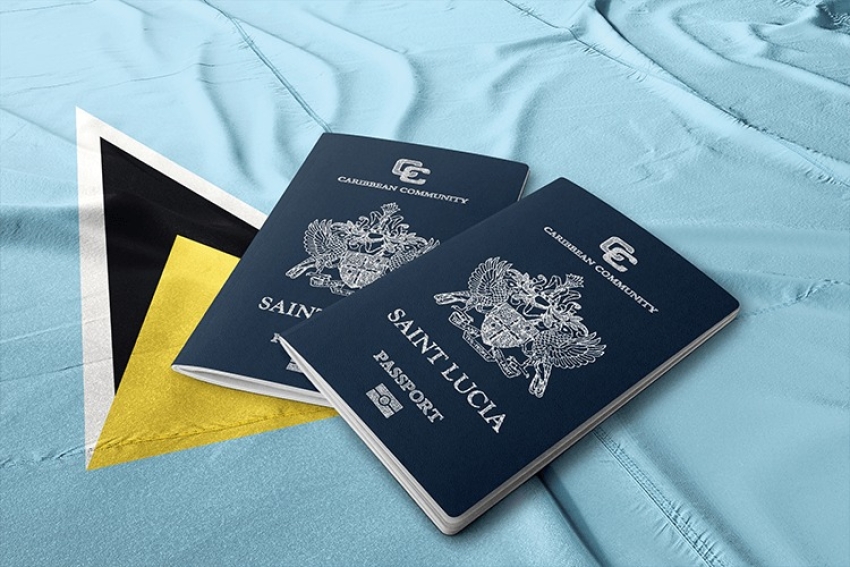This means that, in general, you can travel between these countries as if they were a single territory.
The heightened focus on Citizenship by Investment Programmes in the Caribbean by the European Union has been a source of confusion and fear for many nationals who believe their ability to travel is under threat.
On June 17, 2025, the EU Parliament issued a press release entitled: ‘Agreement on suspending short-stay visa-free travel to respond to security concerns and rights violations’.
The EU Parliament explained the reasons for which short-stay visa-free travel to the Schengen Region will be suspended:
“Violations of the United Nations Charter, severe breaches of international human rights or humanitarian law, and not complying with international court decisions will be valid grounds for suspending visa freedom,” the release reads.
The notice adds that another concern for the EU is security and national security threats: “additional grounds for suspending the visa waiver will include hybrid threats, such as state-sponsored instrumentalisation of migrants aimed at destabilising or undermining society; and investor citizenship schemes ("golden passports"), which raise security concerns.
How does Saint Lucia’s Citizenship by Investment Programme find itself in the crosshairs of its EU counterparts?
In 2022, the EU announced a determined stance to stop CBI regimes in its member states. This move was seen in correspondence issued to the EU country of Malta.
“On 6 April 2022, the European Commission sent a reasoned opinion to Malta (INFR(2020)2301) regarding its investor citizenship scheme. This is the final stage before the infringement procedure would be referred to the Court of Justice. The Commission considered that the granting of EU citizenship in return for predetermined payments or investments, without any 'genuine link' to the Member State concerned, was in breach of EU law,” explained the European Parliament in a 2022 article entitled ‘Citizenship and residence by investment schemes’.
From the European Union’s perspective, its member countries should not be operating CBI regimes as it opens their borders to perceived security risks.
The Caribbean, with most CBI-operating countries enjoying visa-free benefits to the Schengen Area, now occupies a precarious position. The EU remains adamant that the CBI must have rigorous due diligence programmes and should comply with the EU’s security demands should CBI-operating Caribbean countries continue to enjoy their visa-free access.
So far, the EU has stripped only one country in the world of its visa-free access: Vanuatu. The EU Parliament provided the details why this decision was taken, and perhaps that could provide insight into the standards expected by our European Counterparts.
The report provides as follows:
“One of the primary issues already highlighted is the extremely low rejection rate of applications, which casts doubt on the thoroughness and reliability of the security and due diligence processes…another critical concern is the absence of physical presence or residence requirements for applicants…dditionally, the short processing periods for applications do not allow sufficient time for comprehensive background checks and security screenings.”
For comparison, Vanuatu’s minimum investment sum is USD 130,000, while the minimum here in Saint Lucia is USD 200,000. The report also highlighted Vanuatu’s reluctance to share crucial information about applicants with the EU and the country’s inability to strengthen its regime after being given sufficient notice.
“This is the first time we have removed a third country from the visa-free list. We do not take this decision lightly; it is both proportionate and justified by the inadequate cooperation of the Republic of Vanuatu and the need to protect European borders from a threat of this scale,” the report continued.
Saint Lucia, alongside its OECS counterparts, has taken steps to strengthen due diligence. In particular, Saint Lucia has reinstated the net worth threshold, increased the minimum investment requirement and restored the applicant quota.
The region has also formed a regional CBI regulator and intentions signal the creation of transnational legislation to regulate the industry.
References:
European Parliament:
https://www.europarl.europa.eu/doceo/document/A-10-2024-0015_EN.html#_section1


